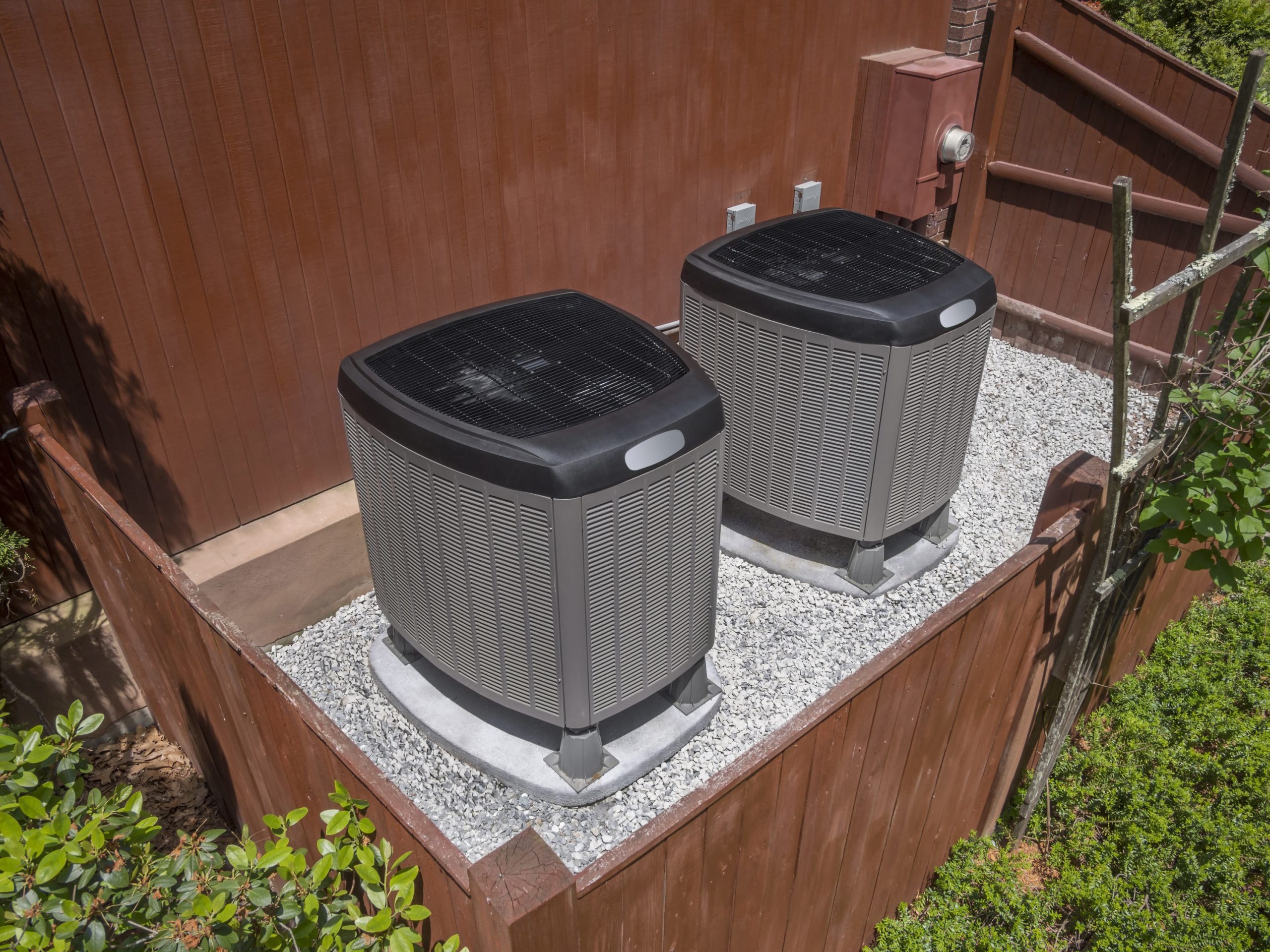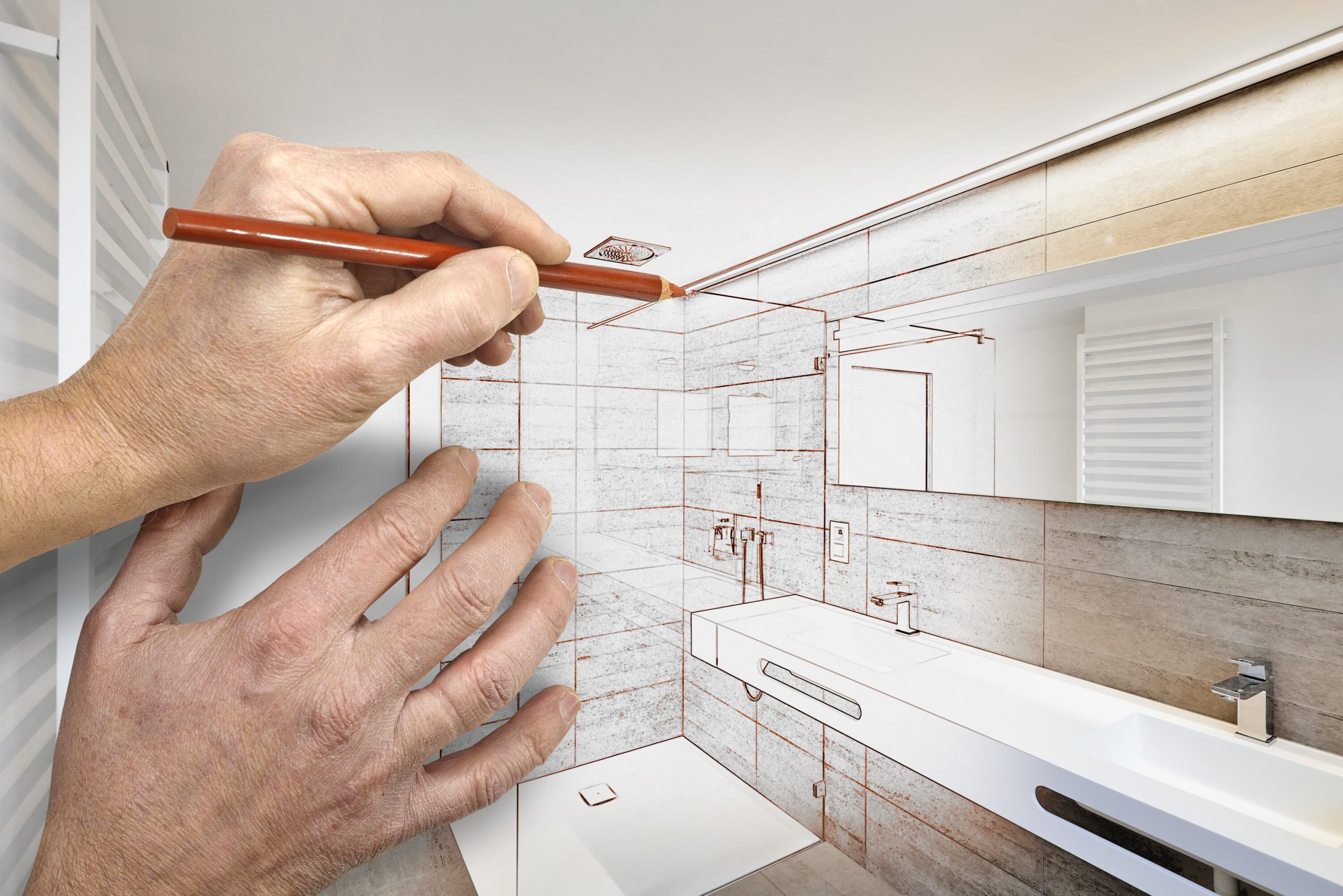
How many HVAC Units does My House Need?
If you’re building a new home or looking at replacing the HVAC in an older one, one of the major decisions you have to make is whether to heat and cool the entire house with one larger unit or to split the load between two smaller ones. Generally, the cost to install two smaller units will be greater, but there are situations in which it may still be a good idea, both for comfort and long-term savings.
What to Consider
Now, in some situations, there really isn’t any choice. The largest residential HVACs generally available are 5-ton units (ton here refers to cooling capacity, not the actual weight of the unit). If your house is so large that it would need six tons or more to effectively cool it, then you’ll need to install two or more units. In the Tennessee Valley, this usually applies to single story houses larger than 3000 square feet, although you really need to have an HVAC specialist evaluate your home to be sure.
But what about those situations where either one or two units could be used? Often homeowners consider installing two units when they have a multi-story home. Since heat rises, it can be hard to adequately cool an upper floor without freezing everybody downstairs. Plus, you don’t want to waste energy over-cooling the lower floors, especially when you’re upstairs sleeping all night. So, two separate units running off of two thermostats, one for upstairs and one for downstairs, can make sense for both comfort and efficiency.
See Also: Know What Size HVAC and What Degree of Technology is Best For Your Home and Lifestyle
Zoning System
However, there’s another possible solution to this problem. With a zoning system, you can cool the upstairs and downstairs separately, while still using only one HVAC unit. Of course, installing a zoning system also costs money, so you may want to compare the cost of installing two units to the cost of a single unit with zoning before you decide.
One other situation in which homeowners may want to consider two units is if their single-story home is very long. In this case, with a single unit sometimes one end of the house will get much more cooling than the other end. But again, a zoning system could also help to solve this problem.
See Also: Heating and Cooling the Empty Nest
As you can see, there are several factors that need to be considered when deciding whether a house needs one HVAC unit or two. A Comfort Specialist can evaluate your home’s specific needs and help you decide what will be best for both your comfort and your bank account.


